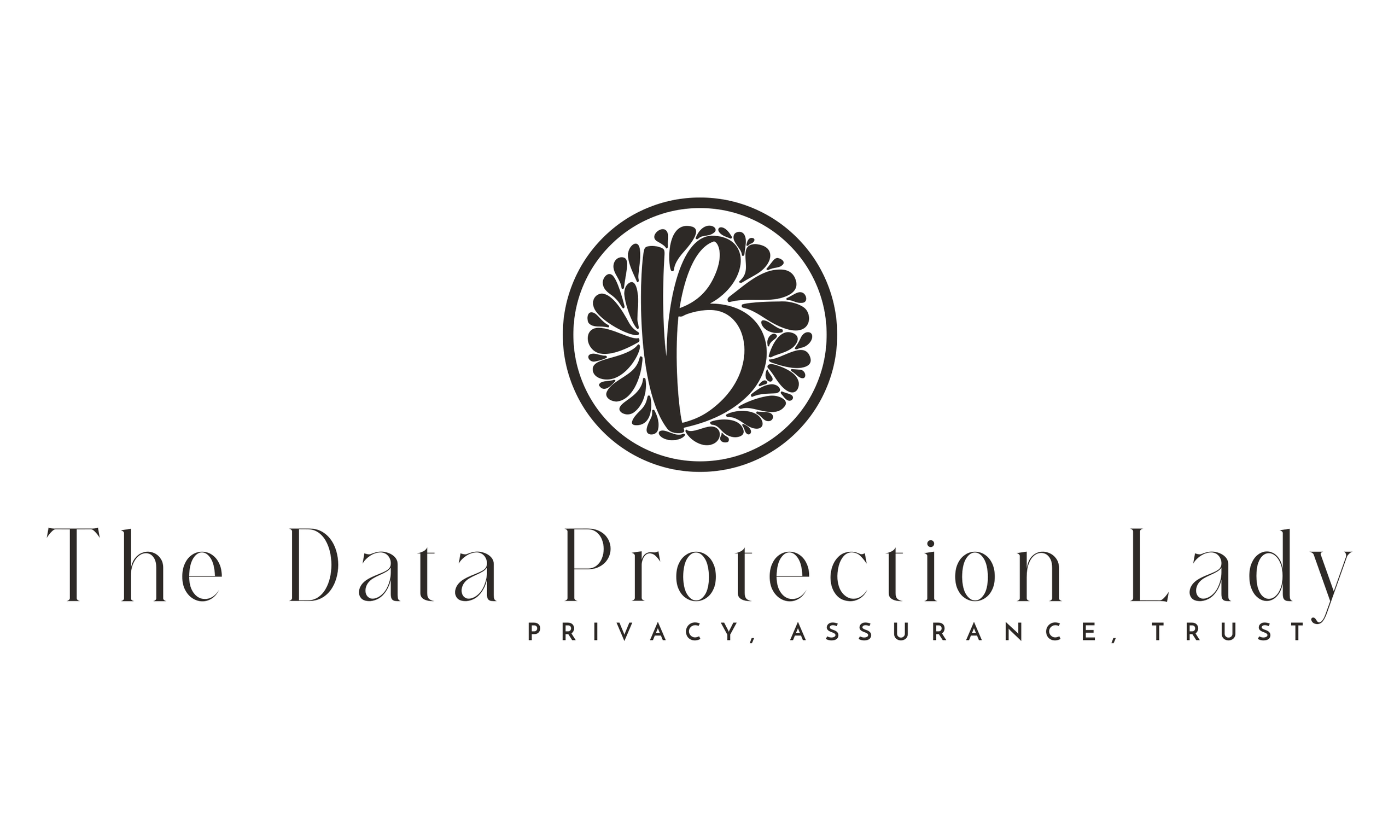Getting the balance right when using technology in the workplace
In recent years, the use of facial recognition technology has sparked both intrigue and concern across various sectors. From security applications to consumer gadgets, the technology's potential seems boundless. However, its implementation isn't without controversy, as highlighted by the recent enforcement action taken by the Information Commissioner's Office (ICO) against Serco for its use of facial recognition in monitoring staff attendance across leisure centers in the UK and Jersey.
Serco, a prominent service provider known for its operations in numerous sectors including healthcare, transportation, and leisure, found itself under scrutiny for its adoption of facial recognition technology to monitor staff attendance at leisure centers where they were either providing a contracted service, or in some instances a joint data controller with the leisure center. The ICO, the UK's independent regulator for data protection and privacy matters, took enforcement action against Serco, asserting that the company's use of facial recognition technology was disproportionate and potentially infringed upon individuals' privacy rights.
The ICO's enforcement action underscores the critical importance of balancing technological innovation with data protection and privacy considerations, especially in contexts where sensitive biometric data is involved. In the case of Serco, the ICO raised concerns regarding the intrusive nature of facial recognition technology, particularly when used in employment settings and argued that the same result could have been achieved with less intrusive methods.
At the heart of the ICO's action is the principle of proportionality – the idea that the use of technology should be appropriate and commensurate with its intended purpose. While attendance monitoring systems are common in workplaces, the use of facial recognition technology introduces a new dimension of surveillance that can encroach upon individuals' privacy rights if not implemented responsibly.
One of the key issues highlighted by the ICO was the lack of transparency and consultation surrounding Serco's implementation of facial recognition technology. Employees were reportedly unaware that their biometric data was being collected and processed for attendance monitoring purposes. This lack of transparency erodes trust between employers and employees and raises concerns about handling sensitive personal data.
Furthermore, the ICO emphasised the need for companies like Serco to conduct thorough impact assessments before deploying technologies like facial recognition. Such assessments should evaluate the potential risks to individuals' privacy and data protection rights and consider alternative, less intrusive methods of achieving the same objectives.
In response to the ICO's enforcement action, Serco has committed to discontinuing the use of facial recognition technology for staff attendance monitoring across its leisure centers. The company has acknowledged the concerns raised by the ICO and has pledged to review its policies and practices to ensure compliance with data protection regulations.
The ICO's enforcement action against Serco serves as a reminder to businesses and organisations of the importance of upholding individuals' privacy rights in an increasingly digital world. While technology offers numerous benefits and efficiencies, it must be deployed responsibly and ethically, with due consideration for the potential impact on individuals' rights and freedoms.
Moving forward, it is imperative that companies engage in transparent and consultative processes when implementing new technologies that involve the processing of personal data, especially biometric information. By prioritising privacy and data protection principles, businesses can build trust with their employees and customers while navigating the complex landscape of emerging technologies.

